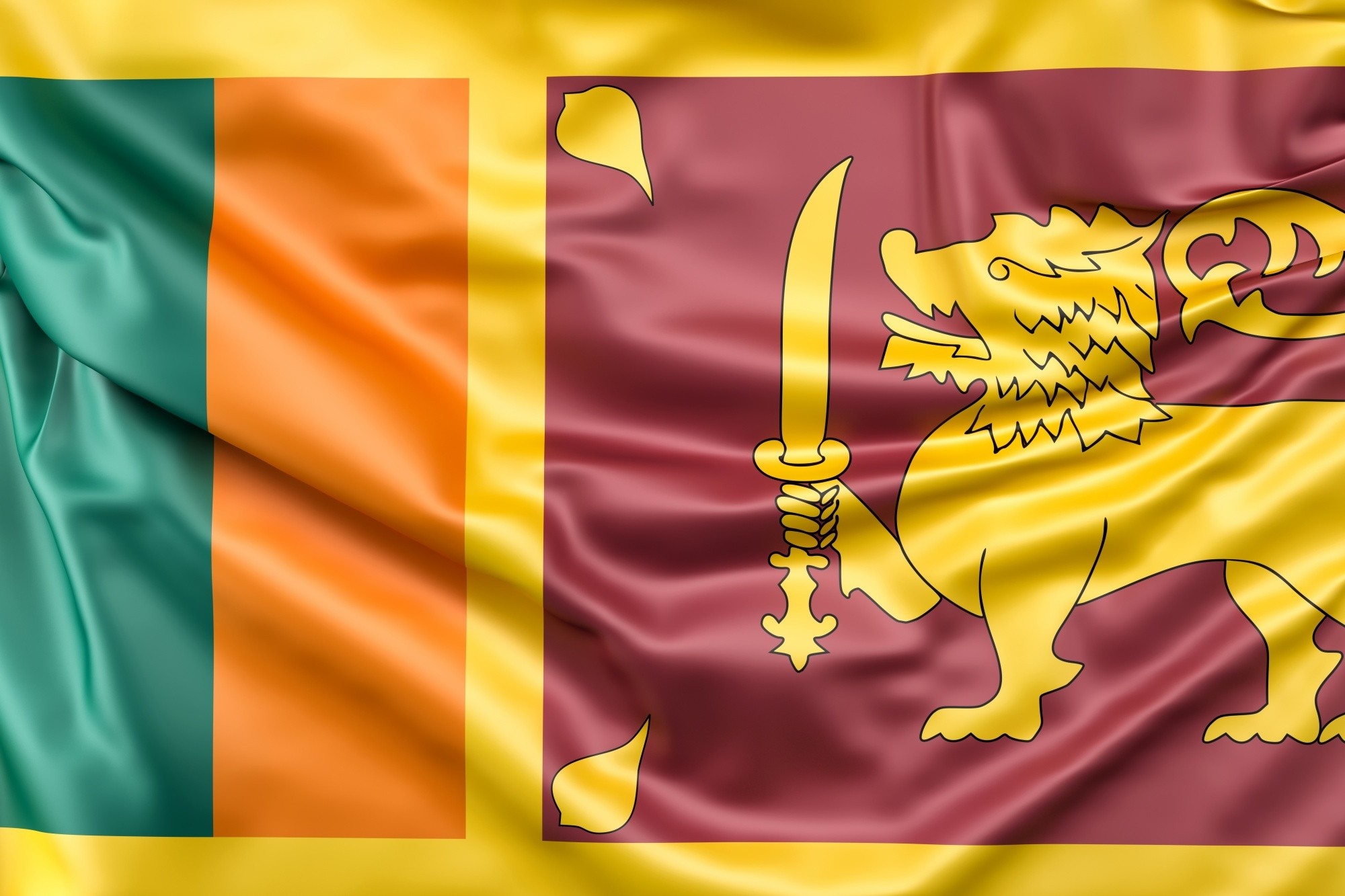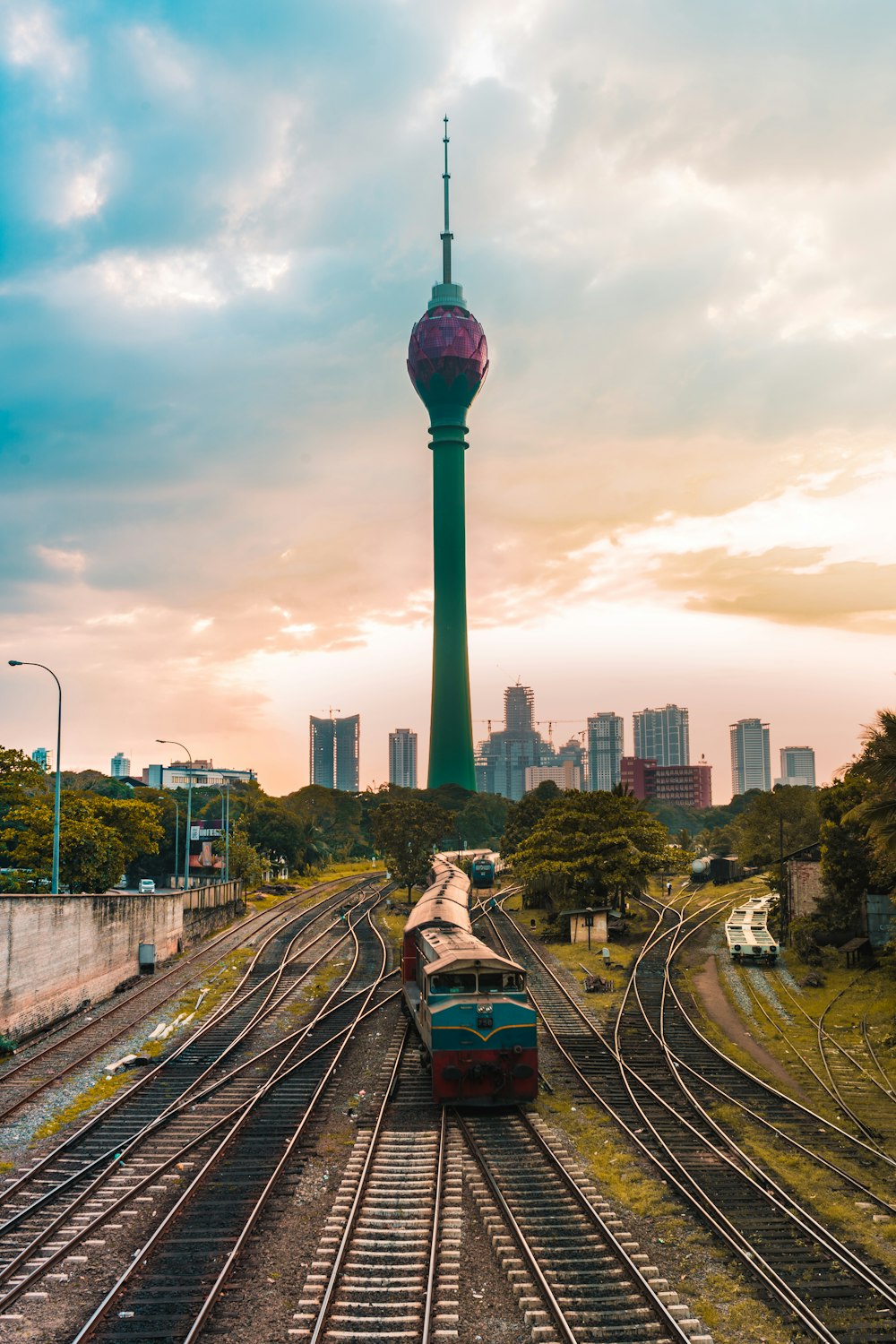
Above all, it’s believed that Adam’s first landing and the residing place was Sri Lanka after being ousted from the heavens. Sri Lanka is one of the few countries in the world that has two official capitals. Historically, the place of capital has changed many times; currently, the two capitals are Sri Jayewardenepura Kotte, the legislative capital, and the commercial capital Columbo.
Over the years Sri Lanka has made its mark in many sectors. Information Technology, services, and tourism are noteworthy. The country’s biggest export, however, remains tea. Sri Lankan tea is loved across the world, with its variety of flavors, aroma, and health benefits people tend to take Sri Lankan tea as a souvenir when they visit the country.
Climate & weather
Nicknamed the teardrop of India, Sri Lanka is separated from the Indian Subcontinent and hence enjoys a moderate tropical climate. The country’s highest point is in the south, approximately 8,000 ft. above sea level. Rainfall can be expected anytime, however, it is highly affected by the monsoons in the Indian Ocean.
Visa & residency permits
The country has a very well-structured and streamlined visa policy. The type of visa issued depends entirely on the length and purpose of the visit. Based on reciprocity, Sri Lanka offers a visa-exempt policy to Maldives, Seychelles, and Singapore; requiring the citizens of these countries to obtain an entry visa on arrival.
People from elsewhere are required to have an Electronic Travel Visa (ETA) permitting a short visit to the country; An ETA can be obtained for business, leisure, or transit purposes.
Work & Business
The services sector in Sri Lanka is highly competitive and competent. The banking, telecom, and IT institutes offer various job opportunities in specialized fields specifically for foreigners. Similarly, Sri Lankan human resource has found their way to high positions in many world-leading companies inside and outside Sri Lanka. In short, one of the ways you can easily move to this tiny pearl is by securing a position to work.
On the other hand, the Sri Lankan encourages foreign investment as well; with progressive and relaxed policies you can find a business and entrepreneurial venture to invest in the country and obtain long-term residency status.
Safety & Security
Safety and security in Sri Lanka vary from district to district, even on the streets. In larger cities particularly this phenomenon is quite apparent. Though the local authorities are available 24/7 mugging incidents are common in urban areas. We suggest that if you are planning to relocate to this wonderful country, do seek residence in either of the two capitals. They are safer than the rest of the country as well as provide international linkages.
Education
Most of Sri Lanka is literate. With around a 95% literacy rate, the Sri Lankan state funds education to all its citizens. The education system is well organized and the standard is better than in many developing nations. For advanced education, the state also provides merit-based scholarships to foreign and local universities.
Many foreign institutes engage with the Sri Lankan government to set up placement camps from time to time, providing the local talent an opportunity to seek employment abroad or in a multinational inside the country.
Commute and transportation
Though comprising islands, Sri Lanka relies heavily on its road infrastructure for domestic mobilization. The only bus transport available is state-owned and provides decent and reliable bus service with intracity and intercity connectivity.
Sri Lanka has three airports, that operate round the year offering flights and connecting flights to most major cities of the world. The Mattala Rajapaksa International Airport, the Bandaranaike International Airport, offers international flights whereas the Ratmalana Airport only caters to domestic passengers.

